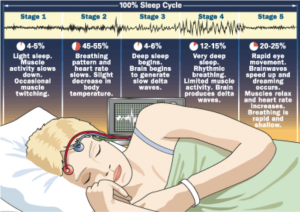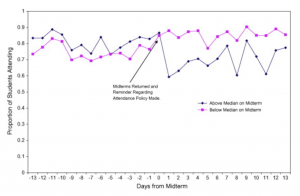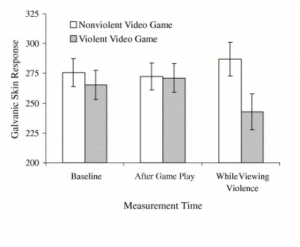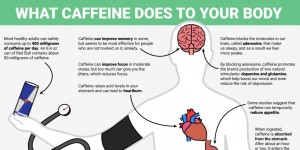I love music. I put my headphones in any chance I get and in fact, I would even say that my least favorite parts of my day include when I have to take my headphones out for a class or any other reason. There’s just something about music that relaxes me and the stories that artists are able to tell through music are empowering. There’s a song for your every mood, for every different taste, and for different types of people. It’s a universal language that everyone can relate to and even when it’s in a different language, you can enjoy it. So, what is it about music that compels lovers of music to feel the way they do?
Experiment
In trying to satisfy my interest in why music effects people so much, I came across research done that concluded through a meta-analysis that experiments that seek to find a link between people’s responses and music, always fail to understand why music had the effect it had (fail to find a mechanism) (see x). To avoid this failure, this experiment tackles the question with a different approach. The scientists took a song and manipulated it so that it would evoke 4 different mechanisms from people; brain stem reflex, emotional contagion, episodic memory, and musical expectancy (see x). They then made 20 people (half men, half women) listen to it and rate how it made them feel on a scale of 12. (x)
To understand the study, you have to understand the mechanisms being measured. Brain stem reflex in this experiment refers to the acoustic part of the music that shows something important, that needs consideration has occurred (see x). Emotional contagion concerns when the participant feels like the music they heard is how they actually feel inside (see x). Episodic memory occurs when the person listening feels as though the music reflects something that has happened in their life (see x). Lastly, musical expectancy happens when the music either meets or contradicts the listener’s expectations of the rest of the song as they’re listening. (x)
Results
 The results are shown by the graphs to the left. Just as the scientists had predicted each mechanism evoked the emotions they thought it would (brain stem evoked surprise, emotional contagion evoked sadness, episodic memory evoked happiness, and musical expectancy evoked irritation) (see x). By measuring third variables, the researchers were also able to conclude that the participants were actually experiencing
The results are shown by the graphs to the left. Just as the scientists had predicted each mechanism evoked the emotions they thought it would (brain stem evoked surprise, emotional contagion evoked sadness, episodic memory evoked happiness, and musical expectancy evoked irritation) (see x). By measuring third variables, the researchers were also able to conclude that the participants were actually experiencing  emotions rather than just mimicking the emotions they heard in the music (see x). This means that when listening to music, people don’t just listen but they feel. Music actually evokes emotions out of people that they may not have felt before listening to the song. (x)
emotions rather than just mimicking the emotions they heard in the music (see x). This means that when listening to music, people don’t just listen but they feel. Music actually evokes emotions out of people that they may not have felt before listening to the song. (x)
All in all, the results that the experiment produced reflected what I thought it would. When hearing slower parts of the song people were more likely to be sad and when listening to more upbeat parts of the song they were happier. It is these beats and tempos that cause us to feel the way we feel. These are things you would normally expect. Although, one flaw would be that only 20 people were used in the experiment, all of which had some type of experience with music.
























